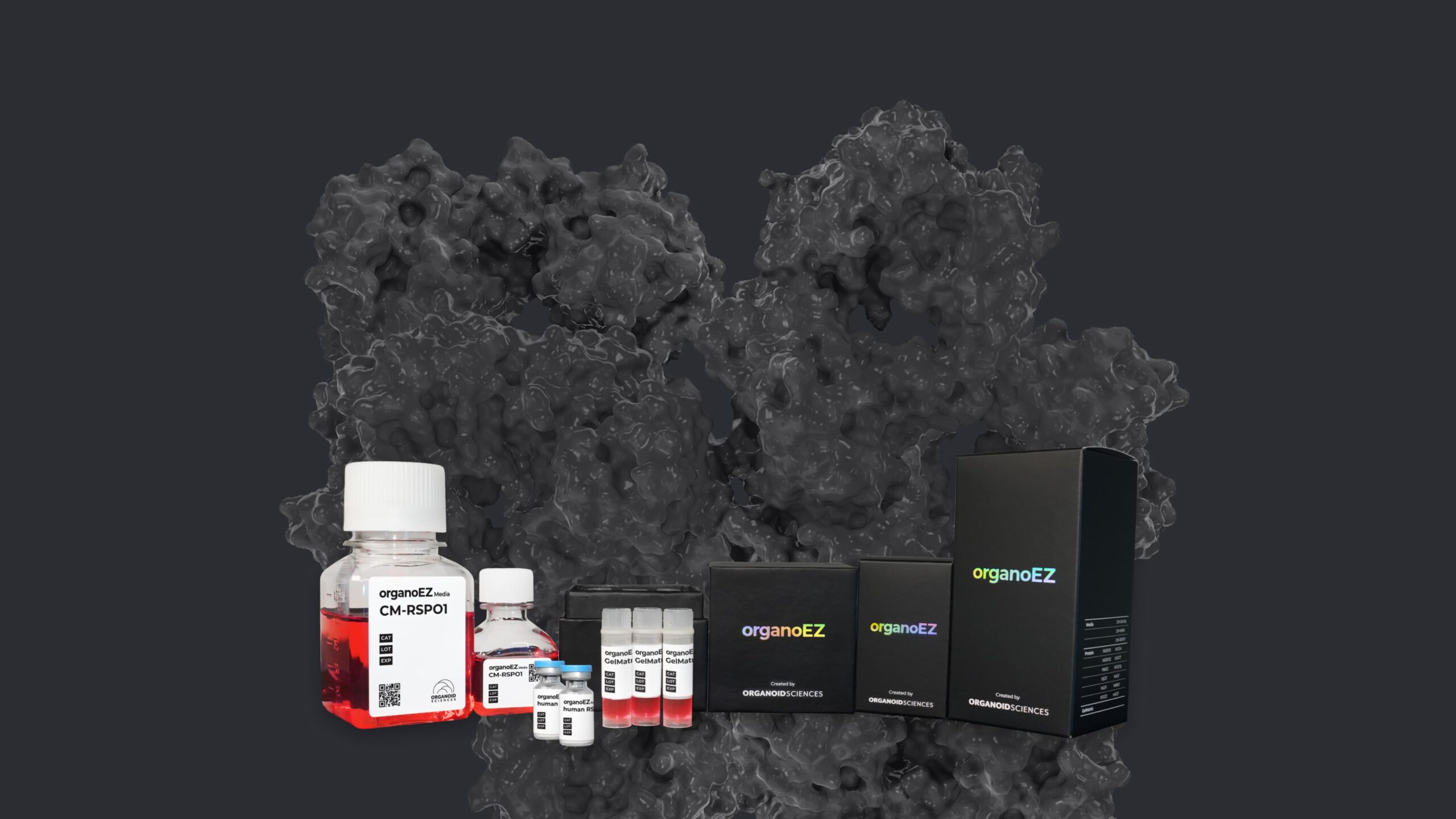Bruno Mars is setting new records with his collaboration with BLACKPINK’s Rosé. The song ‘APT’ (Apartment), with its addictive repetitive rhythm, has garnered attention for its unique vocals and distinctive music video, receiving praise from both the public and critics.
Let’s examine APT from a biological perspective. This song, with its energetic and upbeat rhythm, transmits strong energy to listeners. Through auditory stimulation, it activates the brain’s mesolimbic dopamine pathway, elevating mood and inducing pleasure associated with reward. When dopamine secretion increases, we become more focused and experience positive emotions. This is an important physiological response that enhances immersion while listening to music. Therefore, music like APT can help relieve stress and change moods through its neurological effects.
The way popular music creates bonds among listeners is fascinating. When listening to music, a hormone called oxytocin is released, which strengthens social bonds between people. Oxytocin is primarily involved in social interaction and trust building. Thus, sharing music creates a deeper sense of connection. For example, when songs like APT are performed at live concerts or large music festivals, audiences share the same emotional experience, forming stronger social bonds. This demonstrates that beyond simple music listening, deeper emotional connections can be formed through neurological and physiological interactions. This is why music is used as an element to strengthen social communities.







